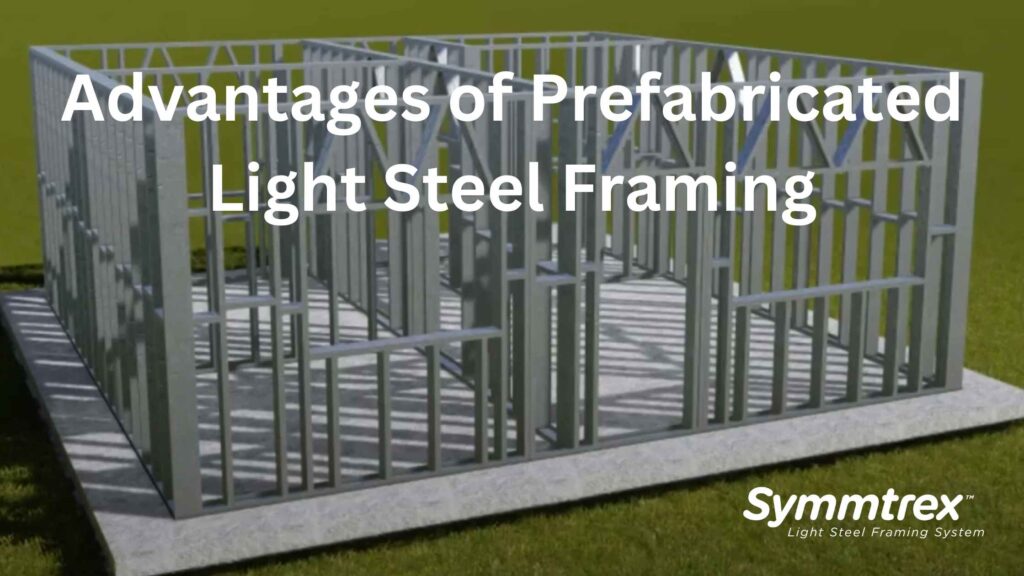In the ever-evolving world of construction, project managers are constantly on the lookout for innovative technologies and materials that can enhance efficiency, reduce costs, and improve project outcomes. One such innovation is prefabricated light steel framing (LSF). This blog post delves into the manifold advantages of LSF, offering a comprehensive understanding of why it’s an excellent choice for modern construction.

What Is Prefabricated Light Steel Framing?
Prefabricated LSF is a modern construction method where parts of a building are manufactured in a factory and then transported to the site for assembly. This technique utilizes light steel members, known for their strength, durability, and lightness.
The Benefits of Prefabricated Light Steel Framing
The numerous benefits of this innovative construction method include:
- Speed of Construction: With components manufactured off-site, construction timelines can be significantly reduced.
- Quality Control: Factory conditions allow for greater quality control, resulting in high-precision, consistent, and quality components.
- Reduced Waste: Precise manufacturing processes minimize waste, contributing to sustainable construction practices.
- Cost Savings: Faster construction times and less waste can lead to significant cost savings.
- Flexibility and Adaptability: LSF structures can be easily modified or extended, providing great flexibility.
- Durability: Light steel is resistant to common issues affecting timber such as rot, termites, and warping.
How Can Project Managers Leverage Prefabricated Light Steel Framing?
For project managers, understanding how to best utilize LSF can lead to improved project outcomes.
Planning and Coordination
- Early Collaboration: Including manufacturers early in the design process can ensure the efficient use of prefabricated components.
- Detailed Planning: Detailed project planning is crucial for coordinating off-site manufacturing and on-site assembly.
Implementing Best Practices
- Training: Equipping the construction team with the necessary training can ensure the efficient assembly of LSF components.
- Quality Assurance: Implementing robust quality assurance processes can guarantee the quality of both off-site and on-site work.
In conclusion, prefabricated light steel framing offers numerous advantages that project managers can leverage for successful construction projects. By understanding and implementing best practices related to LSF, project managers can deliver projects faster, reduce costs, improve quality, and contribute to sustainable construction. As we move towards a more innovative and sustainable future in construction, embracing technologies like LSF is not just beneficial—it’s essential.

